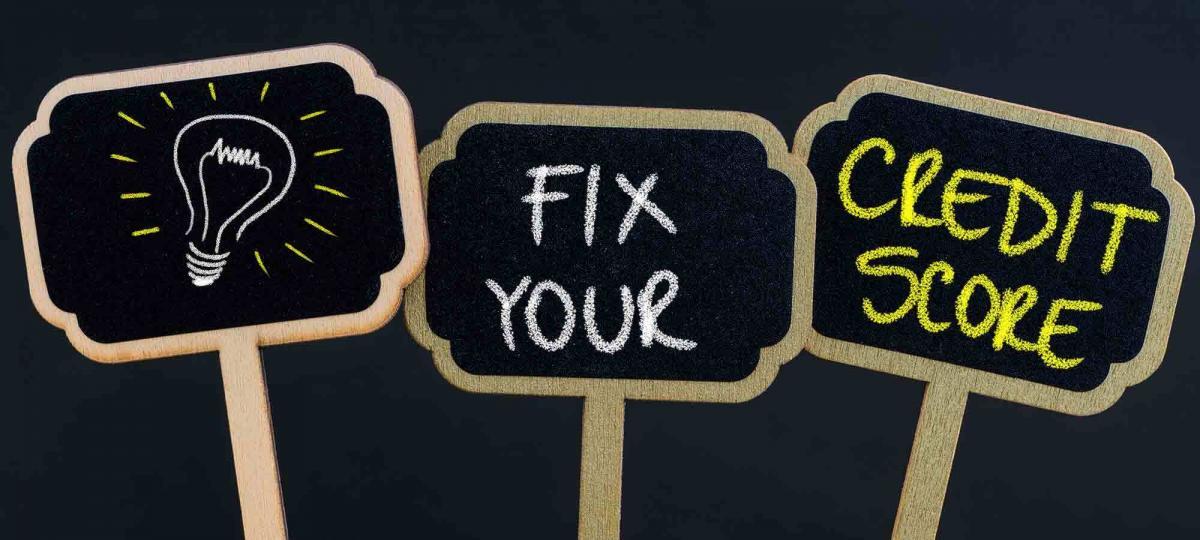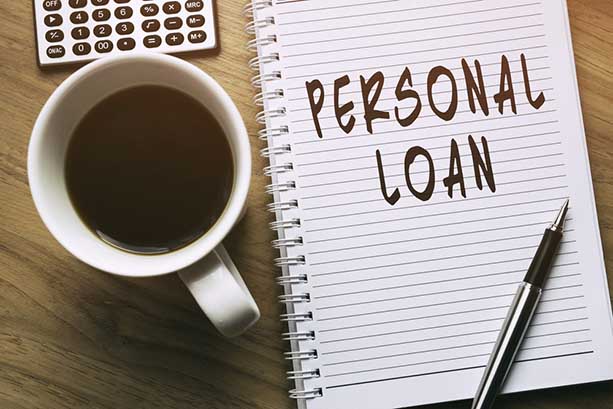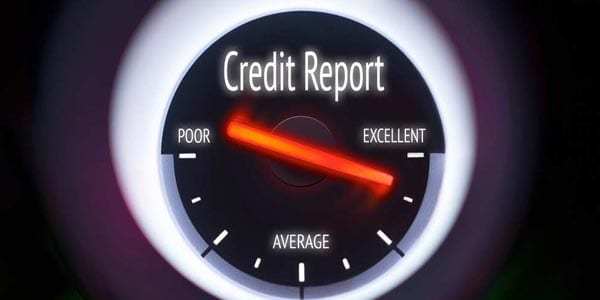A personal loan is a secured or an unsecured loan offered to you by a lender on the basis of your credit score and capacity to repay the loan. If you don’t have the usual qualifiers—meaning, you have a poor credit score and unsteady earnings, you can still get approval for the loan and enjoy a low-interest rate if you know how.
Here are things to look for in a personal loan provider:
Specialised lending agencies offering bad credit loans in Australia
Todays world is incredibly fast-paced and sometimes we can be hit with the urgent need for cash to cover emergency costs. This is a very real possibility with the constantly emerging online presence of financial companies.
The challenge lies in the application process. Those with low credit ratings who apply for loans from banks and traditional lenders are typically denied. With banks tightening their lending, it has become increasingly difficult for someone with a good credit history to secure a loan.
However, there can still be a chance if you seek out bad credit lenders. Alternative lenders can be more than willing to lend you a hand so that you can get yourself back on track. If you are therefore looking for a personal loan with bad credit consider a specialised lending agency.
It offers a low-interest rate
Even those with poor credit can get personal loans with low-interest rates. If you have been paying more than a 20% APR for high-interest cards, you could find a personal loan with a lower interest rate. It will not only give you an opportunity to pay for your urgent needs, but you can also use the money to pay off high-interest debt. In the long run, this will allow you to save more money.
It provides flexible and multipurpose loan
Make sure that you can use the cash for making the purchases you want to make. This might include a car, house renovations, equipment for your business, medical bills or school fees. Borrowers with very high debts may also want to use this type of loan to get started with their debt repayment plan.
You can use the money to consolidate debt
Do you have credit cards, personal loans and several smaller debts with high interests? Are you struggling to manage your repayments? Consolidating your debts through a personal loan may be a great way of simplifying your debt. Debt consolidation through a personal loan will allow you to better manage your loan repayments. You will only have one repayment coming out of your account at the end of each month.
Small debts can be consolidated by using personal loans. Calculate your total debt. Apply for a larger loan that would cover several smaller debts with high interest to save money on interest. By combining several loans in one place, it may be easier to handle one payment. Don’t forget you can always opt to extend or reduce the loan period.
You could access a low-interest line of credit to stabilise your cash flow using your personal loans
Are you a bad credit borrower? A low-interest line of credit can help boost your credit score. Look for lenders that allow you to access loan products that will help you boost your credit rating. Your credit score is calculated depending on multiple factors. These include; your credit history, outstanding balance, age of credit, different types of accounts and utilisation rate. If you access instalment loans, pay on time and use it to lessen the balance of your existing debts, you can boost your score in no time.
There are many reasons why a person gets a bad credit score. No matter how careful you are with your finances, sometimes—life just happens. There are unexpected expenses that may prompt you to get new debt. Some people lose their jobs, or experience setbacks in their business, leading to a decrease in income. Divorce, changes in living arrangements and acts of nature could also hold you back from paying your own debts. Of course, it could simply be due to a lack of discipline or poor spending habits.
Where are you right now financially? A personal loan can get you where you want to be, support your plans and put you back on your feet. Get in contact with Australian Lending Centre today and discuss how you can get access to a personal loan today.













